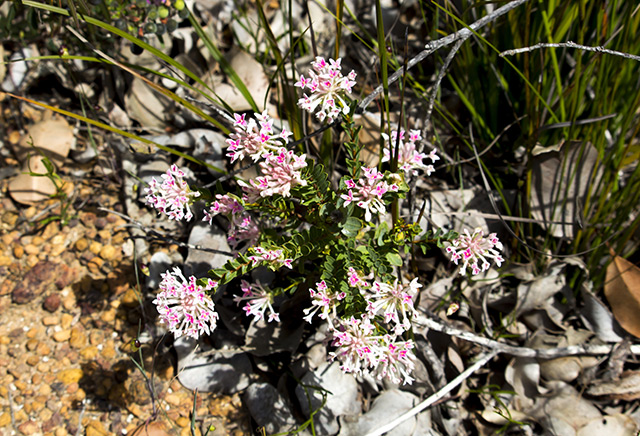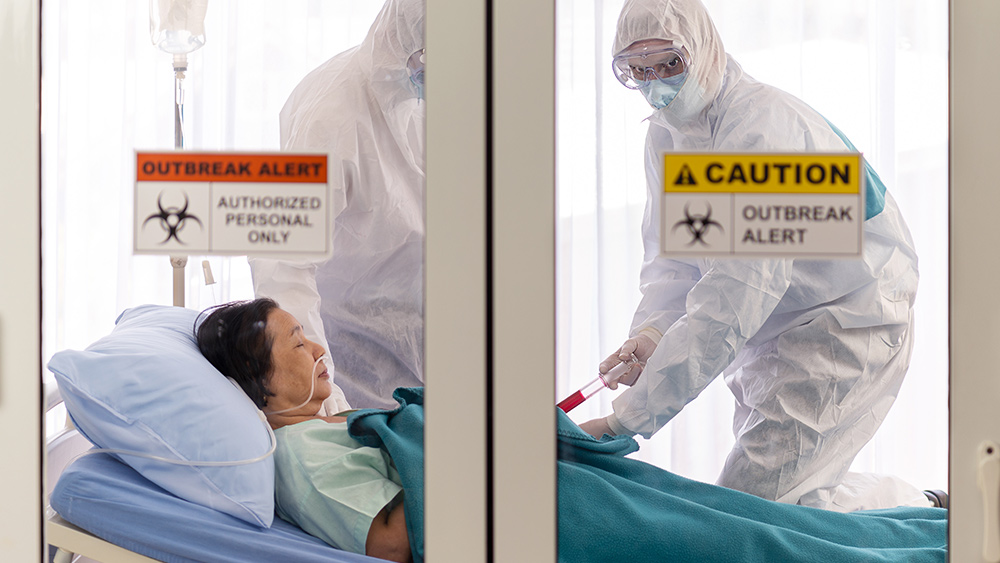Research organizations fund study to help scientists determine why patients develop diabetes after cancer immunotherapy
03/12/2020 / By Franz Walker

For the longest time, scientists have been trying to find a way to give people immunity against cancer. While cancer immunotherapy exists, one of its problems is that it tends to cause diabetes in a small percentage of patients. Now, a collaborative effort by three nonprofit organizations aims to understand how cancer immunotherapy can lead to diabetes.
The Parker Institute for Cancer Immunotherapy, the Juvenile Diabetes Research Fund and The Leona M. and Harry B. Helmsley Charitable Trust have come together to jointly fund $10 million in autoimmune research. The study funded by this will take place over a three-year period, in which the researchers hope to understand how a small number of those who receive cancer immunotherapy also develop symptoms similar to Type 1 diabetes.
“In putting together this research initiative, we hope to answer key questions that will help us predict and prevent autoimmunity following immunotherapy treatment in the future,” said Parker Institute CEO and President Dr. Jeffrey Bluestone.
“This is of increasing importance as more patients are being treated with checkpoint inhibitors and other immunotherapies.”
This initiative represents the first time that the leading cancer immunotherapy and diabetes research organizations will be coming together to explore the connection between cancer and diabetes.
Supercharging the immune system, but at a cost
Immunotherapy works by turning off some of the naturally occurring proteins that hold off cancer-fighting immune cells from increasing in number and attacking the cancer cells in full force. Doing so effectively supercharges the immune system. However, due to the system’s complexity, changing the balance of one part has effects on the others.
Since modern cancer immunotherapy was first approved in 1997, the number of reports of side effects related to it have increased. One of these is developing diabetes in about one percent of all people who receive cancer immunotherapy.
Helping diabetes research in general
While the study will focus on the causes of diabetes in cancer immunotherapy patients, the hope is that it will also help research into Type 1 diabetes in general. An autoimmune disorder, Type 1 diabetes develops when the insulin-producing pancreatic beta cells are mistakenly destroyed by the body’s immune system. Because of this, the pancreas stops producing insulin, the hormone that the body needs to control its blood sugar levels.
“We know little about the causes of [type 1 diabetes] in otherwise healthy children and adults,” admitted Ben Williams, Ph.D., Helmsley Charitable Trust Type 1 diabetes program officer.
“We believe that this research may reveal profound discoveries relevant to all forms of type 1 diabetes, potentially leading to new biomarkers for detection and treatment. This partnership aligns with Helmsley’s desire to seek out and fund promising, high-risk research that could have a massive impact.”
Natural methods of preventing cancer
While the initiative tries to understand the reason why cancer immunotherapy can cause diabetes in some people, until it does so, people still face the risk when going for it. As such, it would be much better to go for other, more natural methods of preventing cancer.
A number of natural methods and foods have been found to aid in preventing the onset of cancer. One such food is young green barley. Research has shown that consuming young green barley can help prevent colon cancer. Colon cancer is one of the leading causes of cancer-related deaths in the United States. As such, anything that helps prevent it already represents a big help.
One other method of preventing cancer that’s gaining traction is the use of cannabis. While once vilified as a gateway drug, research has now demonstrated that cannabis can induce apoptosis in cancer cells. In layman’s terms, it makes cancer cells “commit suicide,” while leaving non-malignant cells alone.
In addition to these, there are a number of healthy lifestyle changes that can help prevent cancer. Quitting smoking is one well-documented method of preventing lung cancer, as well as other cardiovascular diseases. In addition, obesity has been identified as a leading cause of cancer, so simply eating healthy and losing weight can also help prevent the disease.
Whatever the method, the fact is that natural approaches for preventing cancer do exist. For anyone worried about the disease, simply following these methods can go a long way toward prevention, without having to undergo risky medical procedures and therapies.
Sources include:
Tagged Under: diabetes, diabetes science, immune system, immunotherapy, prevent diabetes, prevention, type 1 diabetes



















